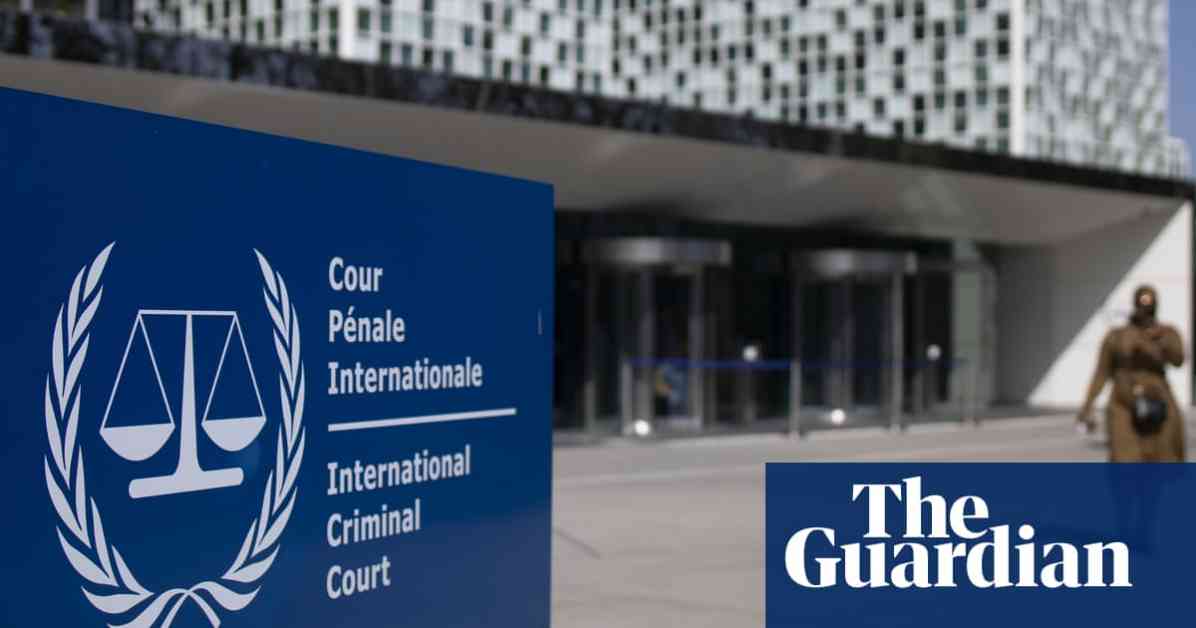The international criminal court, also known as the ICC, is facing challenges that threaten its ability to work effectively and without interference. A group of 93 member states have come together to express their support for the court and its staff, emphasizing the importance of allowing the ICC to carry out its work without intimidation.
Recent revelations have shed light on efforts by countries like Israel to undermine, influence, and intimidate the court through surveillance and espionage. This has raised concerns about political interference and pressure against the court, its officials, and those cooperating with it. In response to these threats, the joint statement issued by the 93 member states aims to defend the institution and preserve its integrity.
The ICC’s chief prosecutor, Karim Khan, has also faced threats and hostile intelligence activities meant to interfere with his work. Despite these challenges, Khan has taken significant steps to pursue justice by filing applications for arrest warrants against senior officials from Hamas and Israel for war crimes and crimes against humanity.
The decision to seek arrest warrants against high-ranking Israeli officials like Prime Minister Benjamin Netanyahu and Defense Minister Yoav Gallant has sparked controversy and backlash from Israel and its allies, particularly the United States. However, the joint statement supporting the ICC reflects a strong message of solidarity and commitment to upholding the principles of global justice and accountability.
The statement was drafted by five member states and presented to the rest of the ICC’s state parties for endorsement. Major western powers like Germany, France, Canada, and the UK have voiced their support, along with a total of 93 ICC member states. This level of international solidarity is unprecedented and sends a clear message that the court’s mandate must be protected and respected.
In addition to addressing the specific threats and challenges faced by the ICC, the joint statement emphasizes the importance of full cooperation from all states to enable the court to fulfill its crucial mandate. It also highlights the need to defend the ICC against powerful countries seeking to manipulate the rule of law for political purposes.
Overall, the collective action taken by 93 ICC member states signifies a significant moment of unity in support of global justice and accountability for mass atrocities. By standing up against threats and intimidation, these states are reaffirming their commitment to the principles of the ICC and the pursuit of justice for victims of war crimes and crimes against humanity.


